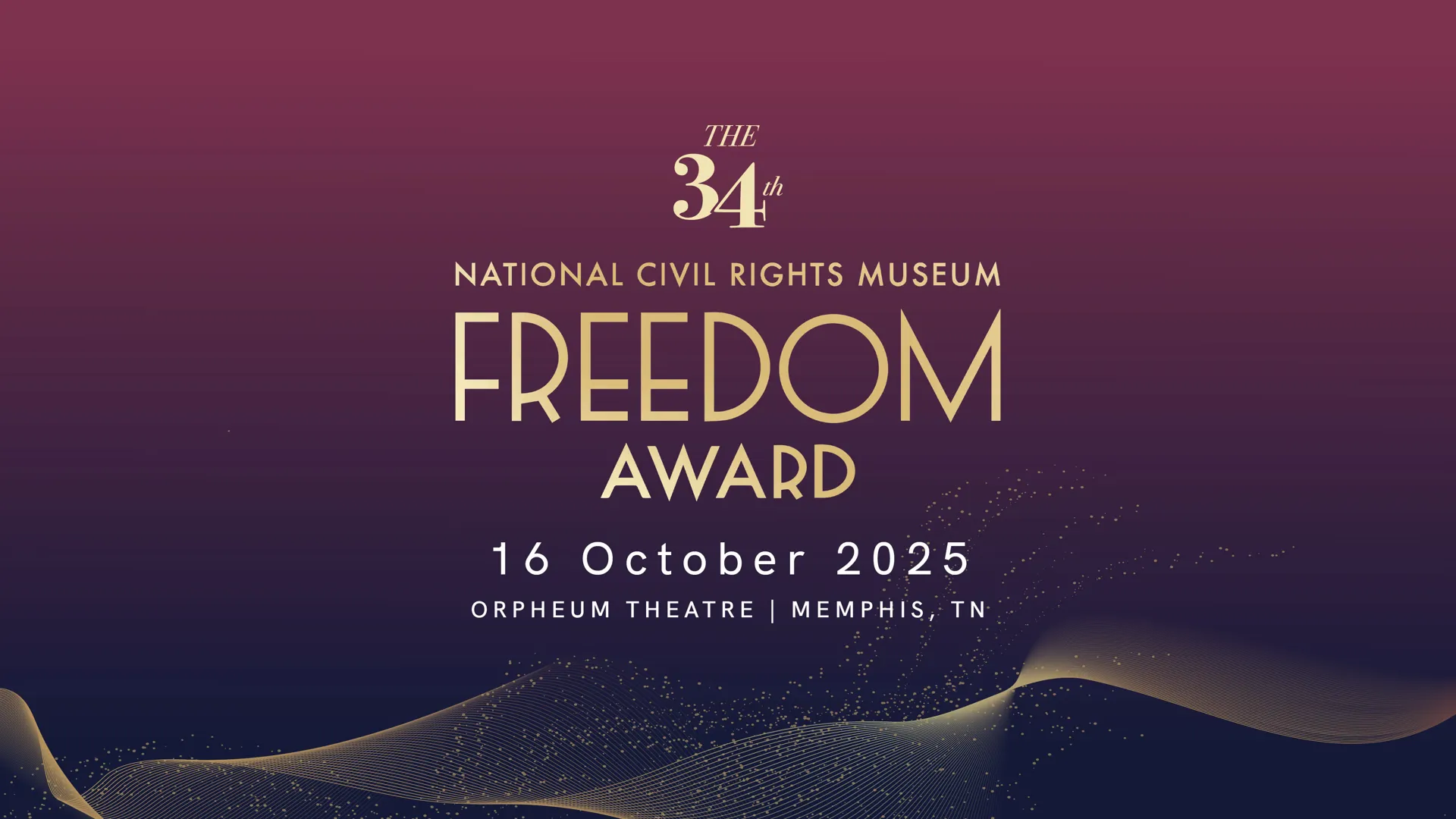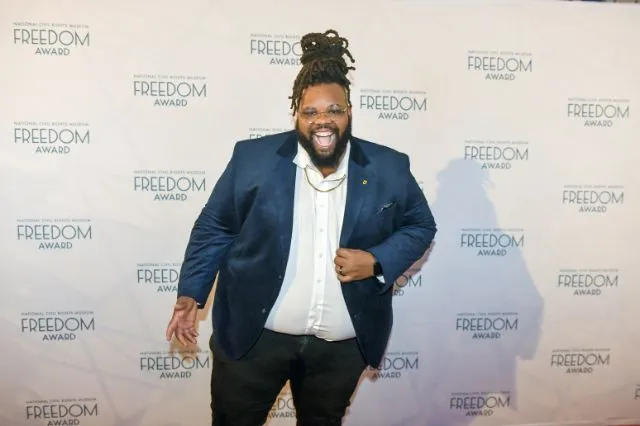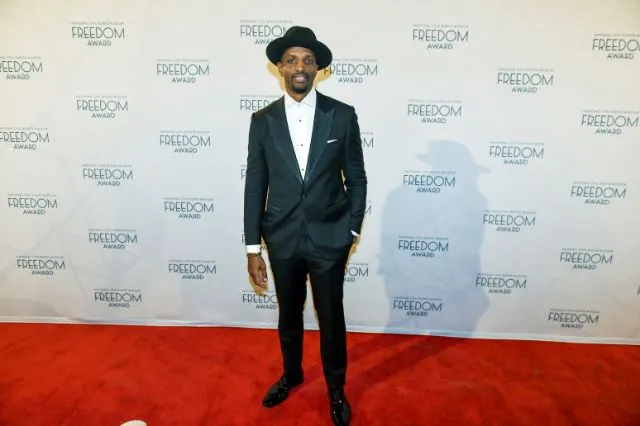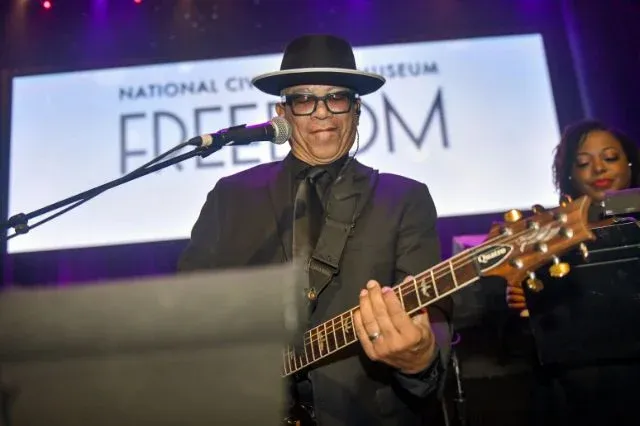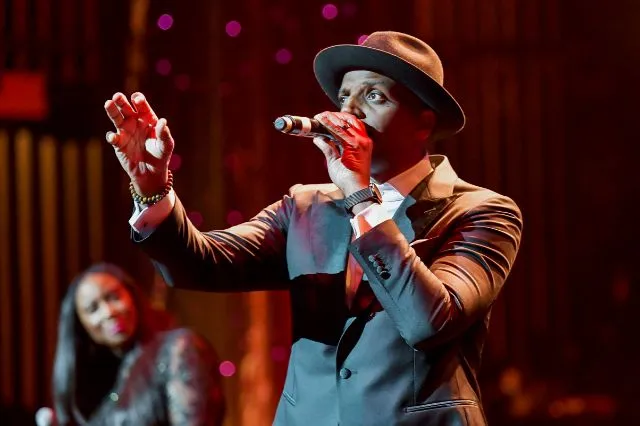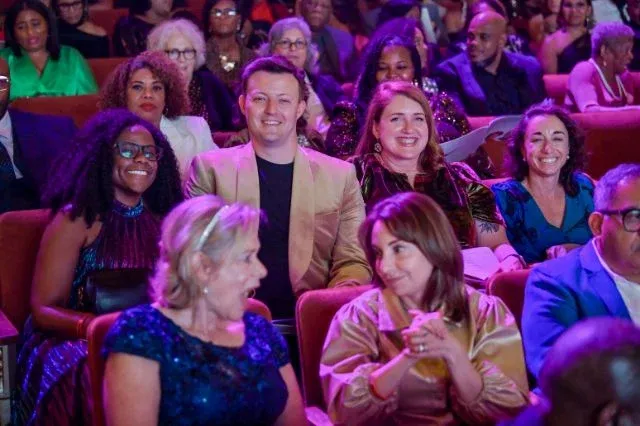Join us for the National Civil Rights Museum’s signature event, this year’s Freedom Award, on October 16, 2025, at the historic Orpheum Theatre in Downtown Memphis. This prestigious ceremony honors individuals who have made significant contributions to civil and human rights, celebrating their unwavering commitment to justice and equality. The Museum has a rich legacy of honoring distinguished civil and human rights leaders, including Coretta Scott King, Nelson Mandela, John Lewis, Oprah Winfrey, Stacey Abrams, and Spike Lee.
The award ceremony will be preceded by the Pre-Award Gala and Red Carpet at 5:30 pm at the adjacent Halloran Centre. Tickets for the evening event are available via Ticketmaster. Event sponsorships are available. To sponsor, or for further information and updates, click below.
